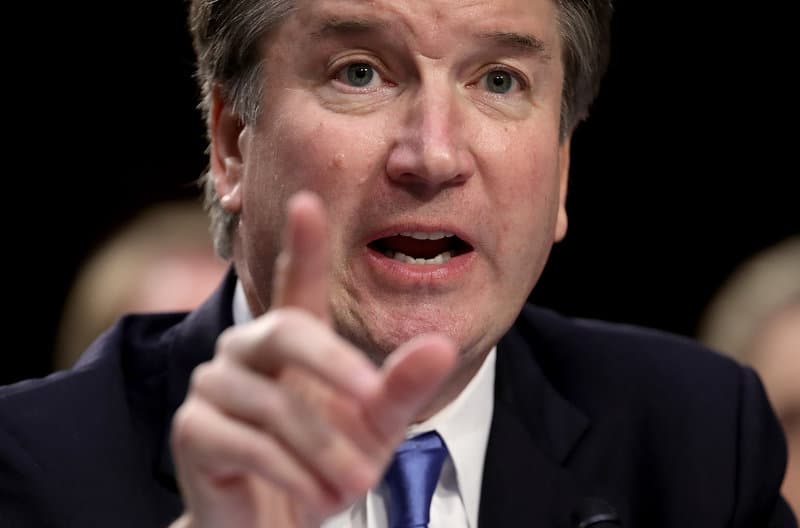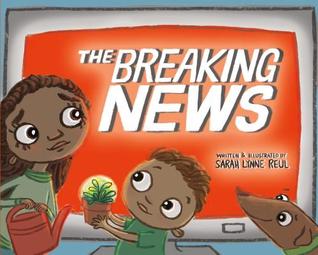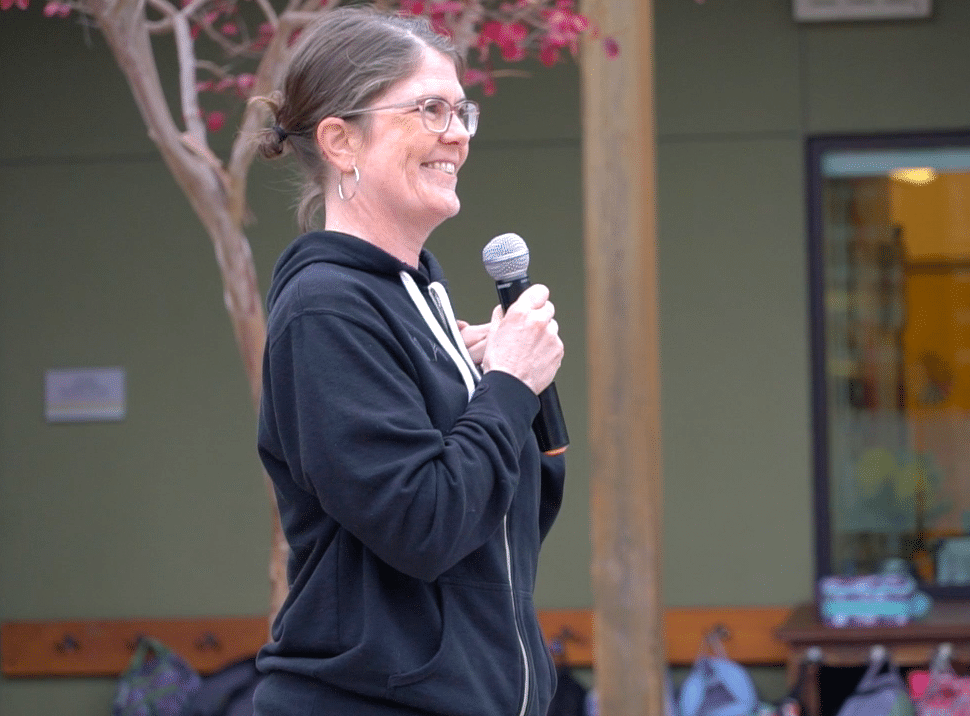[raw]
[col type=”12″]
At The Berkeley School, we believe that what matters in education is what matters in life. The reverse is also true: what matters in life is what matters in education. Over the last three weeks, for many folks in our community, the ongoing Supreme Court confirmation hearings has mattered deeply – for reasons that transcend political outcomes and move into areas that inform the teaching, learning, and parenting that all of us do in hopes of shaping our children’s development and their collective future.
With this in mind, we have put together this list of resources that you may find useful as conversations spill into children’s ears and information comes to them from various sources.
[/col]
[/row]
[col type=”6″]

[/col]
[col type=”6″]
How To Talk To Young People About Kavanaugh
Anya Kamenetz of NPR Ed took the conversation about sex and consent to parents, students, sex educators, policy makers and survivors of sexual assault. And after talking to the experts, put together a list of six things they suggested.
[/col]
[/row]
[col type=”12″]
Teaching Kids Consent, Ages 1-21 – The Good Men Project
“As writers, educators, and advocates of sex-positivity and healthy consent, we have been asked for advice on how to help create a future with less rape and sexual assault. We believe parents can start educating children about consent and empowerment as early as 1 year old and continuing into the college years. It is our sincere hope that this education can help us raise empowered young adults who have empathy for others and a clear understanding of healthy consent.” – The Good Men Project
[/col]
[/row]
[col type=”12″]
The Bill of Rights in Action – Constitutional Rights Foundation
“This is a resource I often use in my teaching – it’s published by a wonderful organization called the Constitutional Rights Foundation. Although they have yet to publish a piece about the Supreme Court hearings, they typically provide excellent write-ups to unpack past and current events/issues for young readers. I’ve been a subscriber for years.” – Jennifer lettieri, TBS 8th Grade Humanities Teacher
[/col]
[/row]
[col type=”6″]

[/col]
[col type=”6″]
THE BREAKING NEWS
The Breaking News by Sarah Lynne Reul – When devastating news rattles a young girl’s community, her normally attentive parents and neighbors are suddenly exhausted and distracted. The story is open-ended so it can be used for any challenging issue that is impacting adults, whether that is Supreme Court hearings, police violence, natural disasters, etc.
[/col]
[/row]
[col type=”12″]
How My Third-Graders and I Address Consent – Teaching Tolerance
“For a lot of adults, the idea of addressing consent with children is alarming because of the relationship between consent and sex. However, it’s important to break down the concept of consent regarding boundaries, comfort, physical interactions and mutual respect before even getting into the subjects of sex, romantic relationships or toxic masculinity. In early years, teachers redirect students to use their words to express themselves when having strong feelings, rather than using physical actions to get what they want. In these conversations and lessons, educators are already teaching the foundations of consent, and it is crucial to assign language to the concept of asking permission before touching anyone else’s body.” – Elizabeth Kleinrock, 2018 Teaching Tolerance Award Winner
[/col]
[/row]
[col type=”12″]
When to start Teaching Kids About Consent – The Washington Post
“Conversations about consent and the right to say no to adults are important, but when the affection is coming from another child, too often it’s seen as adorable, and something that should be encouraged. If we want our children to learn about consent and hope to teach them to respect others’ body autonomy, though, it’s important that they know that not all affection, however well-intentioned, is welcome.” – Shana Westlake, freelance writer
[/col]
[/row]
[col type=”12″]
We Can’t Just Let Boys Be Boys – New York Times
“In her Sunday New York Times article We Can’t Just Let Boys Be Boys, Peggy (TBS alumni parent) cites studies, her own investigative reporting, and recent current events to remind how important it is to “start providing more powerful counternarratives about women’s worth, particularly in sexual encounters, to boys.” – Mitch Bostian, TBS Head of School
[/col]
[/row]
[col type=”6″]

[/col]
[col type=”6″]
YOU ARE POWERFUL
Equity matters. Consent matters. Fairness matters. As a school, we are clear that the behaviors and actions being described in the hearings (and, in some cases, occurring in response to the hearings) are deeply counter to the ways that we teach children to connect and interact with each other. And as educators, we know that naming and discussing these things with children – skillfully, clearly, and in age-appropriate ways – matters, whether at home or at school.
With inspiration from “Our Deepest Fear”, a poem by Marianne Williamson about the power of having power, Middle School Division Head MaryBeth Ventura spoke to the entire K-8 student body about the power that each individual person has intrinsically.
[/col]
[/row]
[/raw]
